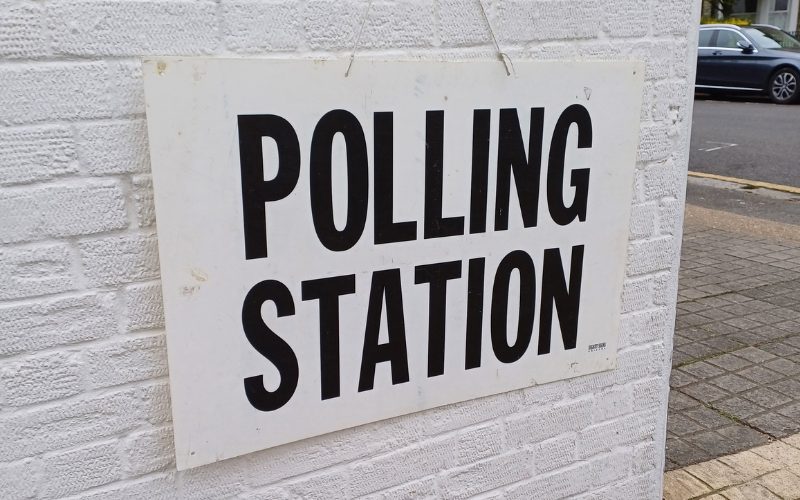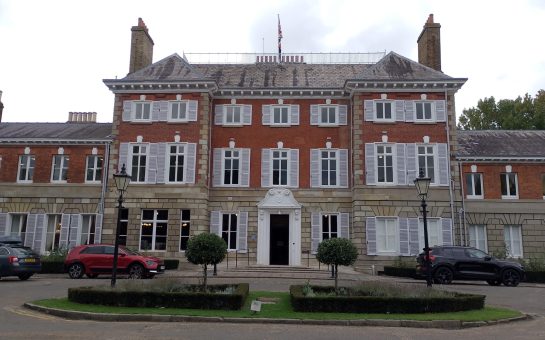Culture war tactics are likely to backfire electorally on politicians in the lead up to the general election, new research has found.
According to research from More in Common, commissioned by 38 Degrees, voters see such tactics as ‘desperate’ and prefer politicians to focus on everyday concerns such as the economy and the NHS.
The term ‘culture wars’ is poorly understood amongst the public but politicians using cultural issues for political gain are seen as inauthentic and run the risk of alienating voters.
Speaking on what the term means, Professor Bobby Duffy, Director of the Policy Institute at King’s College London, said: “It’s a fundamental difference in vision and understanding of how your society should be.
“It’s not about disagreement, about cultural issues or changes, but fundamental differences in what is right or wrong about national culture where you see your side as correct and the other side as just utterly wrong.”
Issues that have been drawn into culture war debates in recent years include Brexit, the British Empire and race relations, trans rights and gender identity.
Many are not engaged in the specifics of culture war debates and one of More in Common’s key findings was that the culture wars fail to resonate with the public.
The research’s polling found that around one in five did not know what the term means despite over half having heard of it.
Voters also questioned politicians’ engagement in culture war debates, seeing them as inauthentic.
The research found that 66% of the public thought that politicians talking about divisive issues do so because they want to attract attention and 70% thought the same when politicians push “diversity” issues, a cynicism that also extended to the media.
Professor Duffy’s culture wars research at the Policy Institute saw similar findings.
He said: “Our research had a similar message in that it’s not a particularly good electoral strategy.
“We had the same finding last year on voters being more cynical of politicians stirring up division.”
Feedback from focus groups also found that the public thought culture war tactics make politicians seem desperate.
The broad trend that emerged from the focus groups found that voters saw such tactics as a sign of political weakness and that they had run out of ideas.
When presented with a set of arguments for why politicians should not speak about potentially divisive social and cultural issues, 52% of respondents thought other issues, like the economy or the NHS, were more important.
Speaking on the future of culture wars in the UK, Professor Duffy believes that the upcoming election wouldn’t signal an end to culture war electoral strategies but the ‘beginning of it in many ways’ depending on how the incoming government performs.
He said: “If there is a change of government, it is certainly conceivable that the dangerous phase of a culture war comes after that.”





